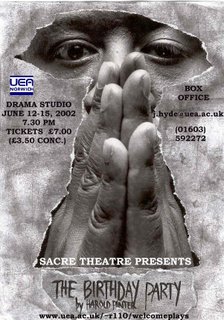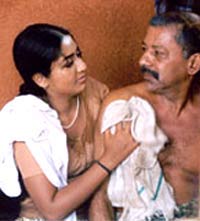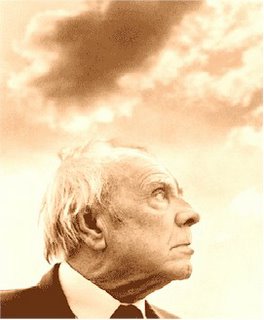Bigotry and extreme prejudice are repugnant to many, including the victims and those engaged in furthering progressive social values. Various attempts have been made to encompass that reaction in social mores and attitudes. A new approach among certain mental health professionals to get extreme prejudice to be declared a diagnosable mental illness included in the official list of diagnoses superficially bears promise in objectivizing that repugnance.
A recent article in the Washington Post, “Psychiatry Ponders Whether Extreme Bias Can Be an Illness,” discusses this attempt to create a new diagnosis for extreme racism and other forms of extreme prejudice. It presents the argument of some that extreme prejudice is so compulsive and damaging to the prejudiced person that it should be viewed as a mental illness deserving its own diagnosis.
While radicals and progressives may be tempted to jump on this bandwagon as a weapon in their battle to have racism and prejudice recognized for the personal and social harm they cause, this effort is unjustifiable intellectually and is politically likely to backfire....(FULL ARTICLE)
www.dissidentvoice.org






